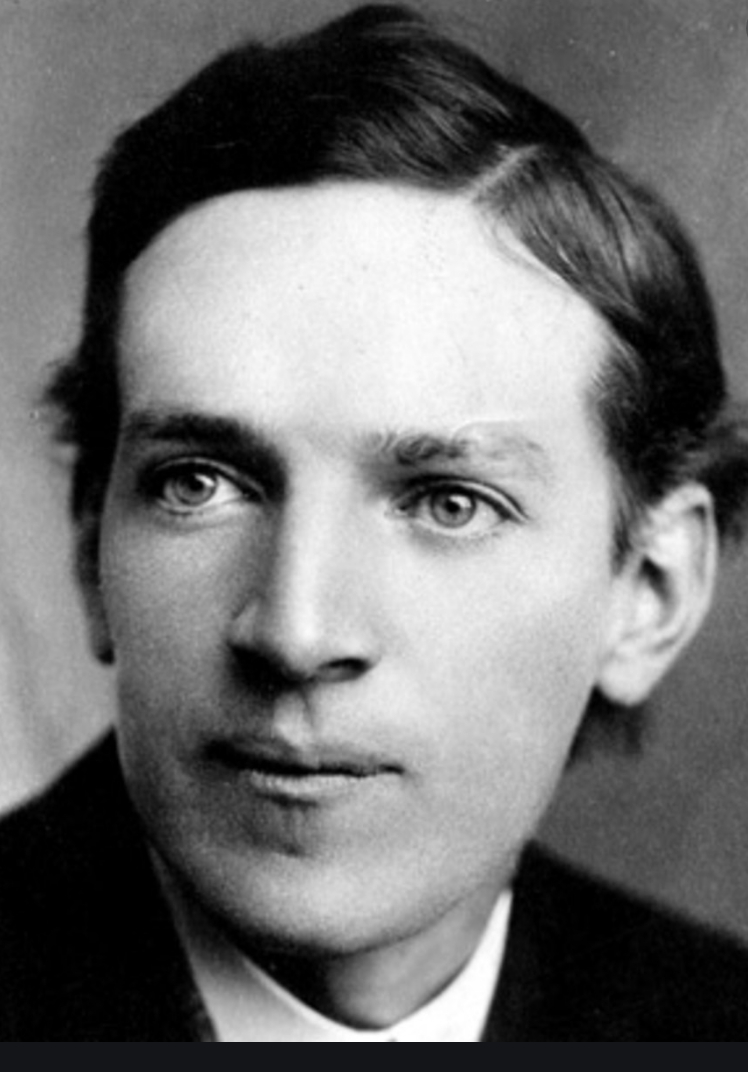On this date in 1878, Upton Beall Sinclair Jr. was born in Baltimore. As a boy, his two heroes were (the anticlerical) Shelley and Jesus Christ. Sinclair paid for his education at the College of the City of New York and Columbia University by writing for newspapers, magazines and weeklies for boys. Sinclair’s sixth novel, the muckraking classic The Jungle (1906), launched his literary career. The Jungle brought a presidential inquiry into stockyard regulations and resulted in passage of the Pure Food and Drug Act and the Meat Inspection Act (1906).
His father was a liquor salesman and his mother was a strict Episcopalian with whom Sinclair was later estranged from for 35 years. He was skeptically deistic as an adult, never quite losing his boyhood admiration for the moral teachings of Jesus, but going after organized religion in his book The Profits of Religion: An Essay in Economic Interpretation (1918). In the preface, which Sinclair wryly titled “Offertory,” he explained, “This book is a study of Supernaturalism from a new point of view — as a Source of Income and a Shield to Privilege.”
A cursory scan of its chapters reveals its thrust: “The Priestly Lie,” “The Great Fear,” “Priestly Empires,” “Prayer-wheels,” “The Butcher-Gods,” “the Holy Inquisition,” “Hell-fire,” “Anglicanism and Alcohol,” “Bishops and Beer,” “Trinity Corporation,” “God’s Armor,” “The Unholy Alliance” and “Riches in Glory.”
Sinclair was an active socialist who ran for public office unsuccessfully several times. He wrote 90 books, many of them political novels. He won a Pulitzer in 1942 for Dragon’s Teeth about the rise of Nazism. (D. 1968)


